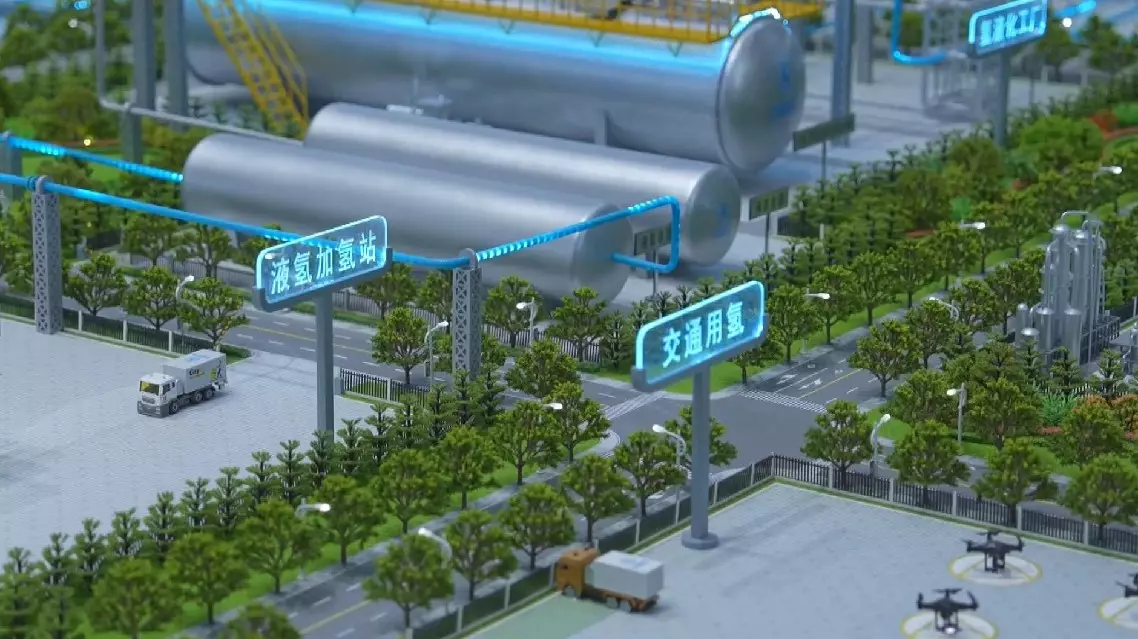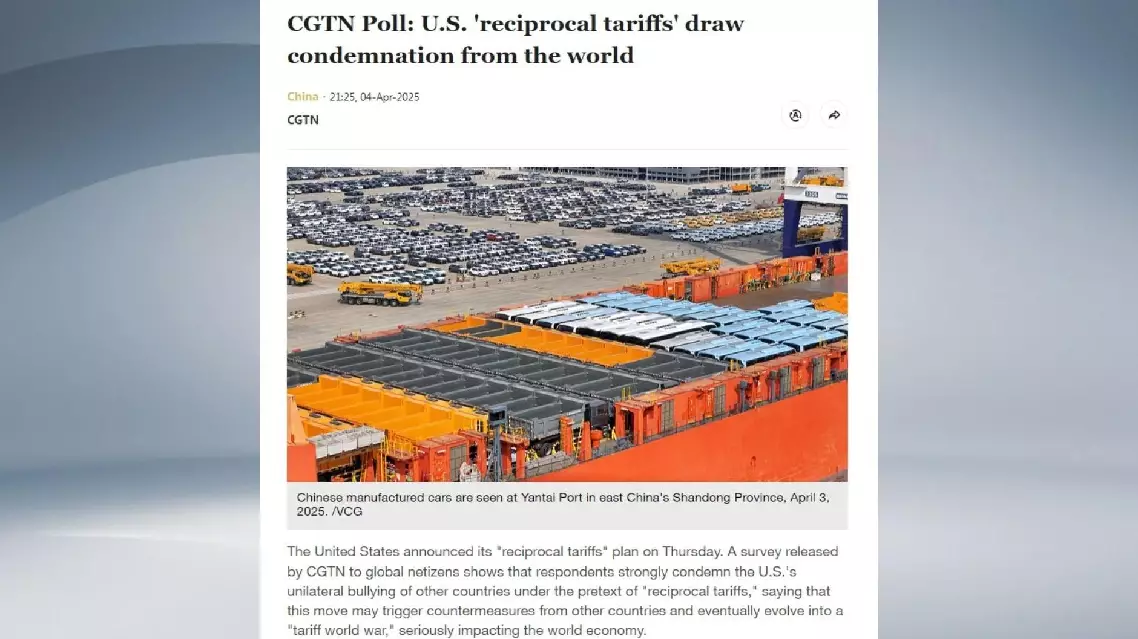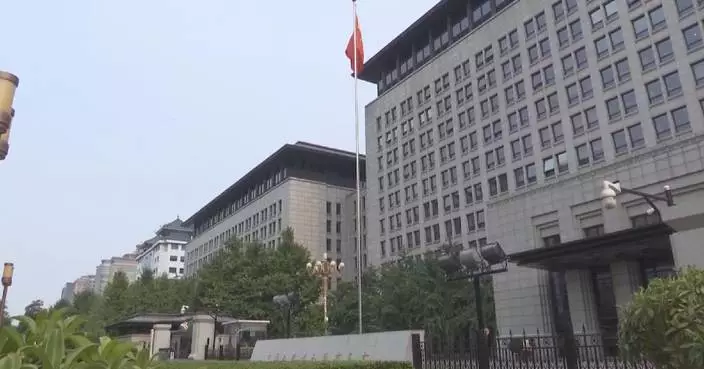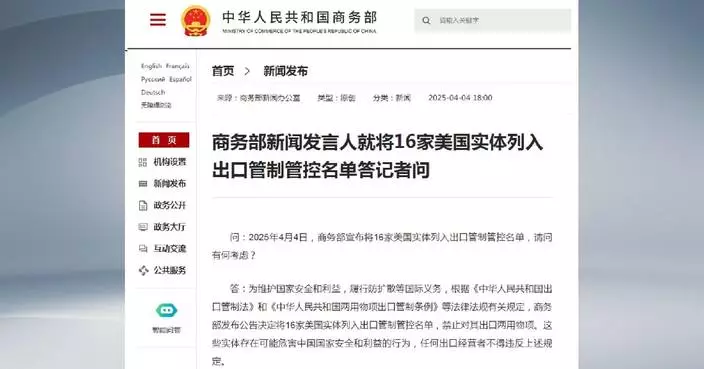China's rocket engine technology is driving the development of the entire hydrogen energy industry chain, expert said at the ongoing 15th China International Aviation and Aerospace Exhibition in Zhuhai, a coastal city of south China's Guangdong Province.
The event, also known as Airshow China, kicked off on Tuesday and will last through Sunday.
In the aerospace technology application exhibition area, a large sand table simulates scenes such as hydrogen production, liquefaction, storage, transportation, refueling, and applications, all of which are derived from the technology of hydrogen-oxygen rocket engines. The exhibition attracted many visitors.
"During the 1970s and 1980s, we began utilizing hydrogen in rocket engines, facilitating the continuous iteration and improvement of carrier rockets. Throughout this process, we have accumulated a large number of technologies with independent intellectual property rights. We have transformed our achievements to the field of hydrogen energy, which has formed these technological iterations and equipment achievements in the key links of the entire industrial chain," said Wang Feng, staff member of China Aerospace Science and Technology Corporation.
As China's energy structure shifts towards cleaner and greener emissions, the demand for fossil fuels is decreasing accordingly, said Wang. The consumption of clean fuels, including hydrogen, is expected to continue rising, which makes the development of the entire hydrogen energy industry chain more important.
"Next, based on the continuous updating and iteration of engine technology research, we will promote transformation of technical achievements into civilian applications, to enhance our achievements in the civilian sector, advance technology to higher levels, strengthen capabilities, and reduce costs," said Wang.
According to Wang, China has the capacity to produce five tons of liquid hydrogen per day and is currently working on the development of a facility capable of producing 30 tons of liquefied hydrogen daily.

China’s rocket engine technology drives development of hydrogen energy industry chain
A survey released by CGTN to global netizens shows that respondents strongly condemn the U.S.'s unilateral bullying of other countries under the pretext of "reciprocal tariffs," saying that this move may trigger countermeasures from other countries and eventually evolve into a "tariff world war," seriously impacting the world economy.
The U.S. claims that it has suffered losses in international trade and is raising tariffs on all trading partners under the pretext of "reciprocity," aiming to reduce the trade deficit. However, 81.03 percent of global respondents do not agree with this, believing that such measures will not achieve the expected results. During his first term in office, U.S. President Donald Trump imposed tariffs on major trading partners. According to statistics from the American Action Forum, a think tank, Trump's protectionist policies during the first term cost U.S. consumers about 57 billion U.S. dollars annually. According to the survey, 81.94 percent of respondents believe that "reciprocal tariffs" cannot solve U.S.'s own problems but will only harm the interests of U.S. consumers and drag down the U.S. economic growth.
The competitiveness of products from different countries varies. Each country can set appropriate tariffs based on its own products to achieve "mutual benefit" in the international market. The "tariff farce" of the U.S. side is a selective disregard for the balance of interests reached through multilateral trade negotiations. Some 82.8 percent of the respondents point out that in the context of unequal economic development and economic strength of different countries, the U.S. insistence on full and complete reciprocity in tariffs is extremely irrational.
The majority of the U.S. tariffs this time are targeted at developing countries. Regarding this, 82.96 percent of the respondents condemn the U.S. for conducting "indiscriminate attacks" on other countries on the issue of tariffs, believing that this is a deprivation of the development rights of other countries, especially developing countries. According to the survey, 84.43 percent of the respondents believe that the U.S.'s imposition of "reciprocal tariffs" will exacerbate the problem of trade unfairness with its trading partners and traditional allies, seriously damaging the country's credibility.
As a member of the World Trade Organization (WTO), the U.S. has unilaterally and subjectively introduced so-called "reciprocal tariffs" and insisted on implementing them. This is a typical act of unilateral bullying. In response, 79.47 percent of the respondents criticize the U.S. for seriously violating the rules of the WTO. In the survey, 79.58 percent of the respondents say that "reciprocal tariffs" have become a new tool for the U.S. to promote trade protectionism, which will further intensify international trade tensions and global economic fragmentation.
This survey was released on CGTN's English, Spanish, French, Arabic and Russian platforms. Within 24 hours, a total of 9,600 overseas netizens participated in the survey and expressed their views.

CGTN poll: US 'reciprocal tariffs' draw condemnation from world



















































